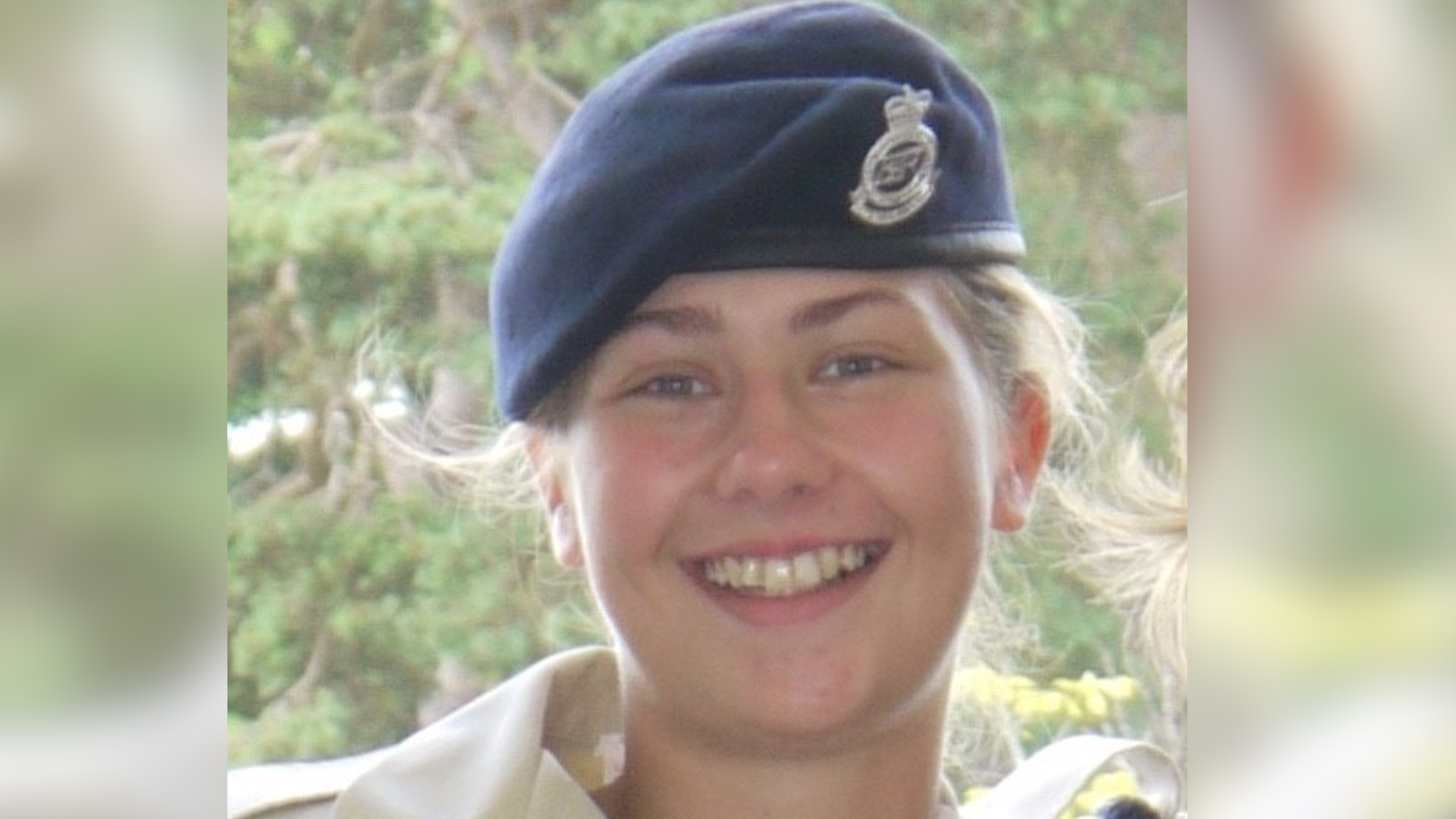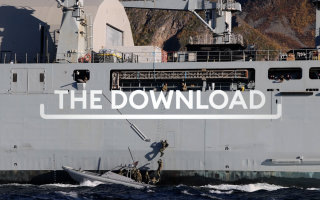
Comment: Delayed inquests into military deaths causing more grief and potentially costing more lives

WARNING: this comment piece includes references to suicide that some people might find upsetting
Jennifer Ellis is a solicitor in the Military Claims team at Bolt Burdon Kemp, the firm that represented the maternal family of Olivia Perks, an officer cadet who took her own life
Delays to inquest proceedings in the UK are now widespread, leaving grieving families in a prolonged state of limbo while they await essential answers as to how their loved one came about their death.
Rule 8 of the Coroner's Inquest Rules stipulates that an inquest must be completed within six months from "the date on which the coroner is made aware of the death, or as soon as is reasonably practicable after that date".
In his report dated January 2024, the Chief Coroner acknowledged delays to inquest proceedings.
Delays have been attributed to the Covid-19 backlog, but further scrutiny of the statistics demonstrate that regional delays pre-date the pandemic.
Additionally, the guide to coroners' statistics reports that inquests pertaining to deaths abroad are often significantly delayed because of difficulty in obtaining reports from other countries.
Given that an array of military deaths occur abroad, it transpires that military families grieving the loss of a loved one may unfortunately find themselves facing even lengthier delays for the truth.
Aside from the protracted prolonging of anguish for bereaved families, a delayed inquest is less likely to uncover the same truths from witnesses and physical evidence when compared to an inquest proceeding in a timelier fashion.
Crucially, a delayed inquest may also be costing lives.
Service inquiries and Prevention of Future Deaths
Service inquiries seek to investigate the circumstances of military incidents resulting in serious injury or fatality.
Prevention of Future Death (PFD) reports are published on the conclusion of an inquest, and they identify any concerns by the coroner of risks to life.
They are both mechanisms with the potential to prevent the recurrence of death but, conversely, delay permeates these territories too.
The delayed publication of a PFD report is an inevitable consequence of a delayed inquest.
The reasons for delayed service inquiries are less understood.
Annex A to Chapter 2 of JSP832 identifies a targeted timeline of approximately 40 weeks for a service inquiry to be concluded.
Unfortunately, the reality is that most service inquiries take far in excess of 40 weeks.
A review of service inquiry reports from 2019 onwards demonstrates an average duration in the region of 95 weeks for the publication of reports concerning fatalities alone.
The time lags in publishing service inquiries and/or PFD reports could be detrimental as demonstrated by the case studies below.
Olivia Perks
On 6 February 2019, Olivia Perks took her own life at the age of 21 years.
A damning service inquiry report concluded that Olivia had suffered gross sexual misconduct by her superiors.
A total of 61 recommendations were made confirming a multitude of failings.
The inquiry recommended more stringent rules relating to alcohol misuse and improved training in respect of unacceptable behaviour and inappropriate relationships.
But the report was not published until 30 November 2022. Olivia’s inquest subsequently concluded in May 2023 – more than four years after her death.

Joel Robinson
Joel Robinson was just 24 years old when he took his own life on 25 March 2019.
In Joel's PFD report the coroner suggested the implementation of a more proactive screening process to identify soldiers more susceptible to mental health struggles.
But this was not published until 25 November 2021 – two years and eight months after Joel's death.
Jaysley Beck
Jaysley Beck was another young soldier who resorted to taking her own life on 15 December 2021 at just 19 years.
A service inquiry report published one year and nine months after her death identified that Jaysley had endured unwarranted and unwelcome sexual advances from a superior officer.
The inquest is still awaited.

A disturbingly prevalent feature with each loss of life above was the military's failure to act on vulnerability signs such as alcohol misuse.
Further parallels can be drawn given that Olivia and Jaysley both endured sexual harassment from senior officers in the lead-up to their deaths.
Such issues were addressed in the published reports and recommendations for institutional change were made.
Sadly, we will never know whether earlier publication of these reports could have affected enough institutional change to save lives, but this is certainly not inconceivable when observing the timeline of events.
The extensive wait for investigation outcomes and inquest conclusions can be agonising for bereaved families who are forced to persistently re-live the events of their loved one's death over a protracted period of years.
In an attempt to bring these issues to the forefront of policymakers' minds, Bolt Burdon Kemp has recently submitted written evidence to the Justice Committee identifying areas for improvement to the coronial process.
One recommendation is that it may be prudent for coroners to publish a preliminary prevention of death recommendation report to encourage early institutional change within the military while investigations/service inquiries proceed.
If you or someone you know needs support at this time, find help available on our website.








